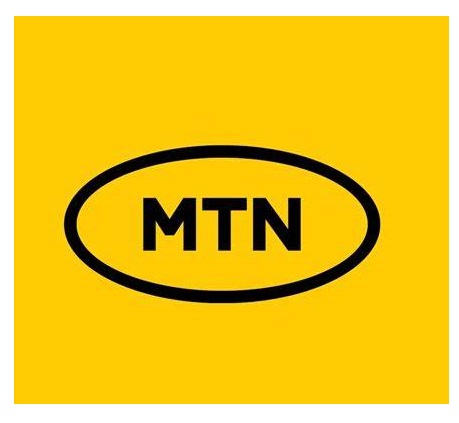MTN Nigeria has announced a significant 50% increase in its data tariffs, a move that has sparked widespread reactions among both individual and business subscribers. The telecommunications giant attributes the price hike to rising operational costs, citing inflation, foreign exchange fluctuations, and increased infrastructure expenses as key reasons for the adjustment.
Subscriber Reactions and Economic Impact
Many customers have expressed frustration over the increased financial burden, especially at a time when the cost of living in Nigeria is already high. The hike is expected to impact businesses that rely heavily on data for operations, remote work, and digital marketing. Small and medium enterprises (SMEs) may particularly feel the strain, as they often depend on affordable internet access to sustain their activities.
For individual users, the increase could mean higher monthly expenses for essential online activities such as education, communication, and entertainment. Given the widespread reliance on mobile data in Nigeria due to limited broadband infrastructure, this development raises concerns about digital accessibility for lower-income earners.
MTN’s Justification and Industry Trends
In its official statement, MTN emphasized that the tariff adjustment aligns with the increasing cost of maintaining and expanding its network infrastructure. The telecommunications sector has been under pressure due to rising diesel prices, high importation costs of telecom equipment, and fluctuating exchange rates affecting business operations.
This move by MTN could set a precedent for other network providers in Nigeria, potentially leading to an industry-wide price hike. If other telecom companies follow suit, Nigerian consumers may face even steeper connectivity costs.
Regulatory and Government Response
The Nigerian Communications Commission (NCC) and other regulatory bodies may step in to address consumer grievances. In the past, government intervention has played a role in moderating telecom tariff changes, ensuring affordability for the general population.
Looking Ahead
With this increase, users may begin exploring alternative data-saving measures, including Wi-Fi options, bundle promotions, and competitive offerings from rival networks. The move also reinforces the need for Nigeria to strengthen its broadband infrastructure to reduce over-reliance on mobile data.
As the telecom industry continues to navigate economic challenges, the balance between business sustainability and consumer affordability remains a critical issue that will shape the future of Nigeria’s digital landscape.
MTNHike #NigeriaTelecom #DataPriceIncrease



